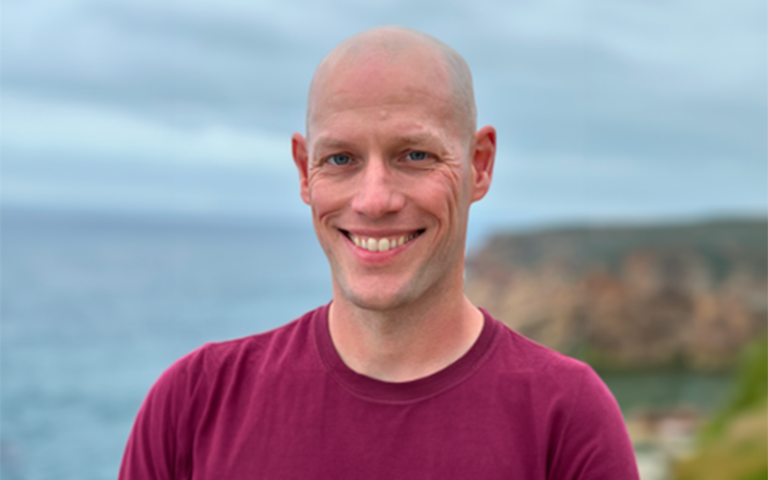UCL Computer Science Professor joins Alan Turing Institute to tackle societal challenges through AI
14 February 2024
Professor Marc Deisenroth, renowned for his expertise in AI and Machine Learning, has been appointed by the Alan Turing Institute as Director of Science and Innovation, focusing on environmental sustainability.

In a strategic move aimed at harnessing the power of data science and artificial intelligence (AI) to address pressing societal challenges, the Alan Turing Institute has appointed Professor Marc Deisenroth, a distinguished academic from UCL Computer Science, as one of its four new Directors of Science and Innovation.
The Alan Turing Institute, known for its groundbreaking work in AI and data science, is embarking on a new phase in its mission, emphasising a challenge-led approach to tackle critical issues such as environment and sustainability, health, and national security.
Professor Deisenroth will spearhead the Environment and Sustainability Grand Challenge, leveraging his expertise to find innovative solutions for decarbonisation and environmental systems. His extensive background in AI and machine learning, including his role as the Google DeepMind Chair of Artificial Intelligence and Machine Learning at UCL, positions him well to lead this ambitious endeavour.
Commenting on the appointment, Professor Deisenroth said: "I'm thrilled to join the Turing at a pivotal moment, where we have the opportunity to use AI and data science to tackle some of the most pressing societal issues.
I’m looking forward to working across the Institute and with external partners to make significant progress on national and global challenges in environment and sustainability.”
In addition to his role at the Alan Turing Institute, Professor Deisenroth maintains leadership positions at UCL and holds a visiting faculty position at the University of Johannesburg. His research interests encompass data-efficient machine learning, probabilistic modelling, and autonomous decision-making, with applications spanning climate science, nuclear fusion, and robotics.
Read more about the Alan Turing Institute appointments
 Close
Close

